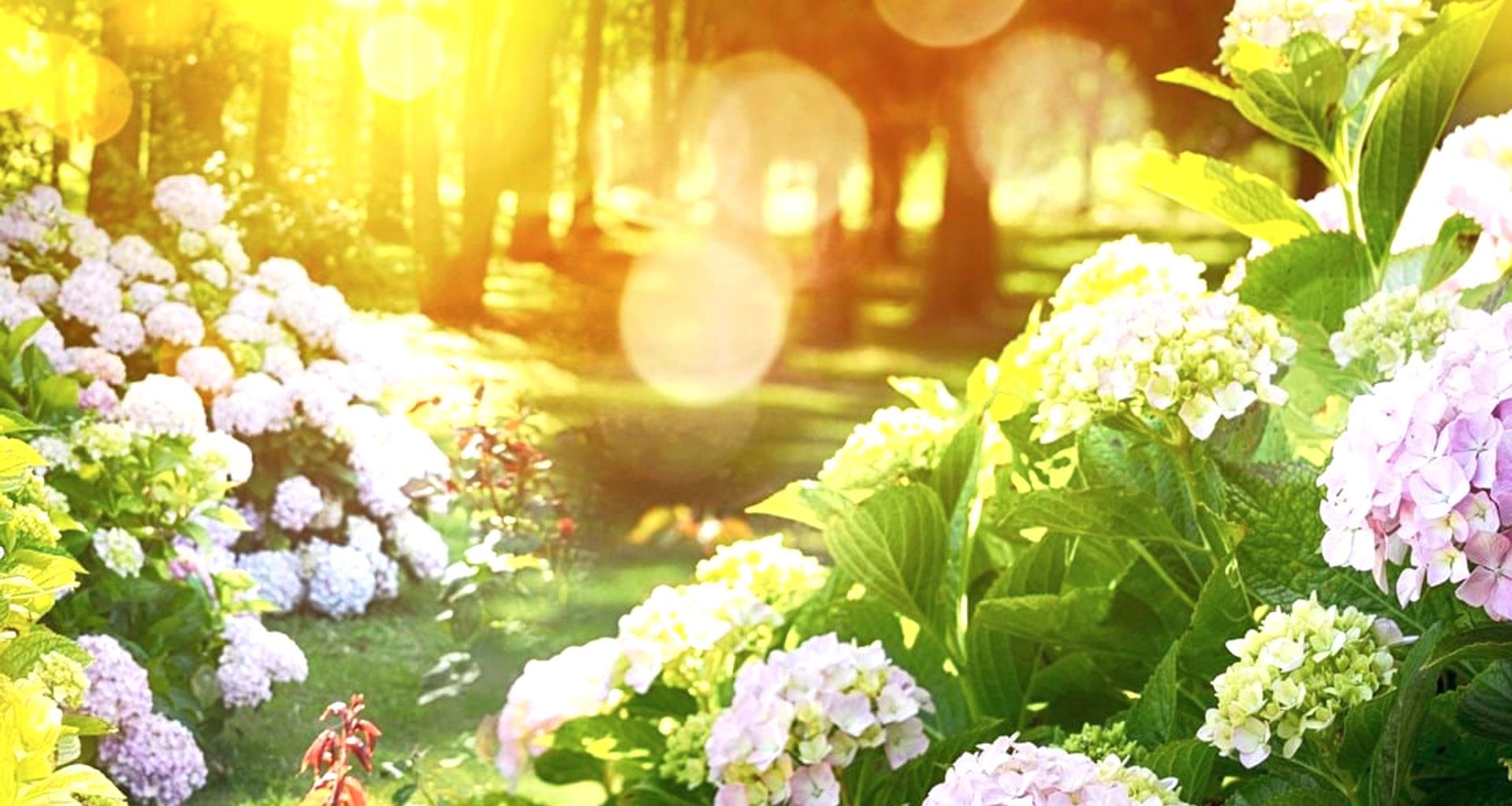How To Solve Your Summer Gardening Problems

Summer is quickly approaching. While you may be enjoying the warmer weather, your garden might be facing a challenging time. However, with the right tips and tricks, you’ll be able to work through any garden problems thrown your way.
The first problem you may encounter is your lawn turning brown. It is inevitable that your lawn will go brown in the scorching heat, so there is no need to waste water attempting to keep it green. Instead, you could consider raising the height of the cut on the lawn mower to delay the browning rate. Grass is a very resilient plant that will turn green again when there is rain, so don’t worry too much about it.
The lack of rain also contributes to the second problem - wilting plants. Plants in pots and hanging baskets depend on you completely for their water supply, so if you are going to be away, ask a neighbour or a friend to help you water them. If you have multiple pots, consider setting up an irrigation system that can be managed by a timer fitted to the tap. You can also increase the size of your pots and baskets, as plants in larger tubs tend to dry out less quickly.
Another problem that your garden may face in the summertime is black spots on roses. This fungal disease often occurs during warm weather or when plants are under stress due to a lack of food and water. To combat this, ensure that there is ample supply of food and water. One way to do this is to mulch the ground around the plants with compost or manure to preserve water during dry spells. Alternatively, you could switch to disease-resistant varieties and plant them in locations that receive plenty of sunshine and air circulation.
If you have a greenhouse, there is a risk of it overheating in the summer. To reduce the temperature in your greenhouse, make sure there are sufficient ventilators. Investing in blinds will also help reduce the amount of direct sunlight shining through the glass and prevent temperatures from skyrocketing. Whitewashing your greenhouse also has the advantage of reflecting sunlight before it enters the greenhouse and increases the temperature. However, you should keep in mind that it can be very troublesome to apply and remove.
The last summer problem is insects attacking your garden. Several ways to limit insect attacks include growing a wide variety of plants, mixing them up, and steering clear of plants that attract certain insects. Many birds eat insects, so you encourage them to come into your garden by setting up birdbaths or birdhouses. There may also be a surge of aphid attacks during the summertime. Aphids are tiny bugs that are very common and attracted to nearly all plants. Ladybirds and wasps eat aphids, so you could attract them into your garden by planting flowers.
If you need solutions to more of your garden problems, feel free to contact us! Call us on 0418 319 309 or email us at landscape@aql.net.au. We’re more than delighted to answer any of your questions.
